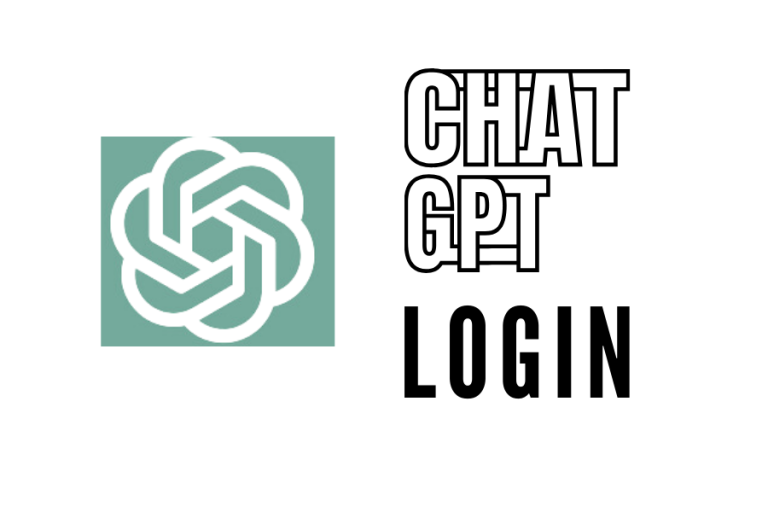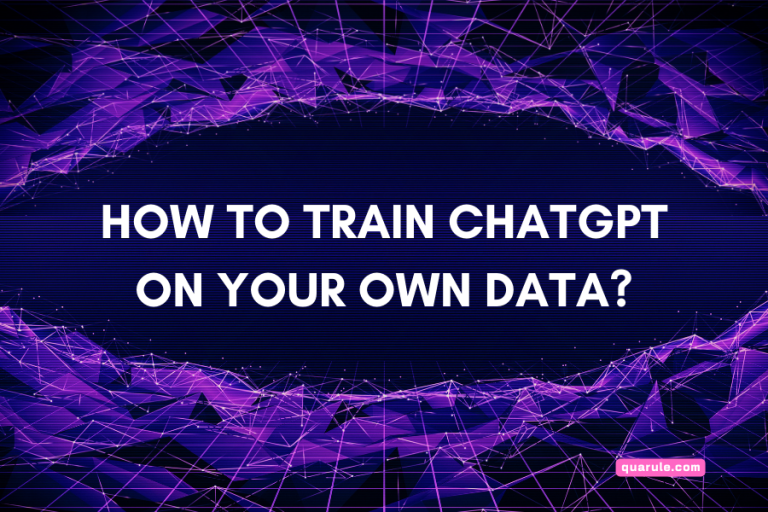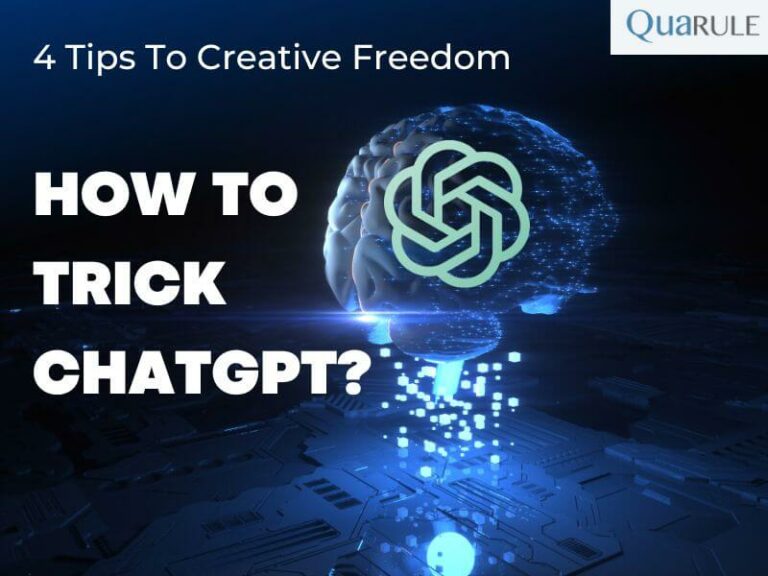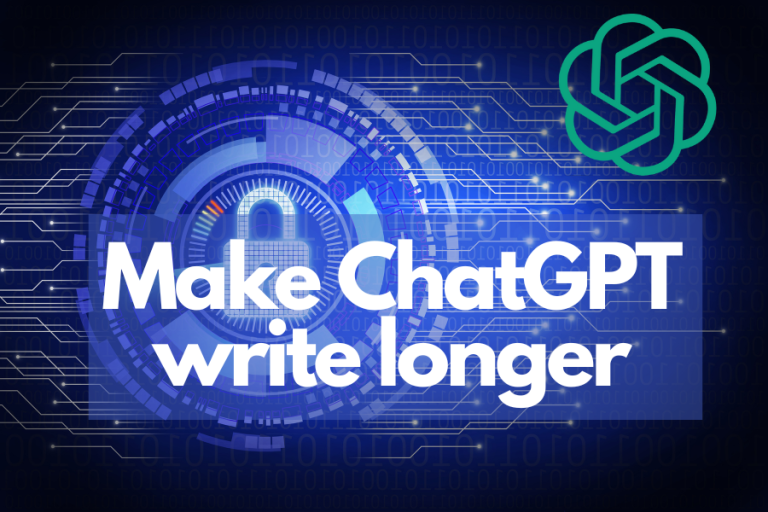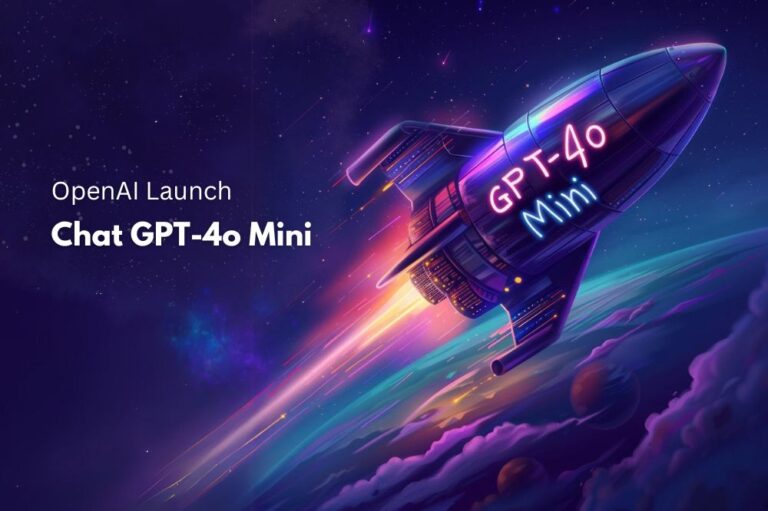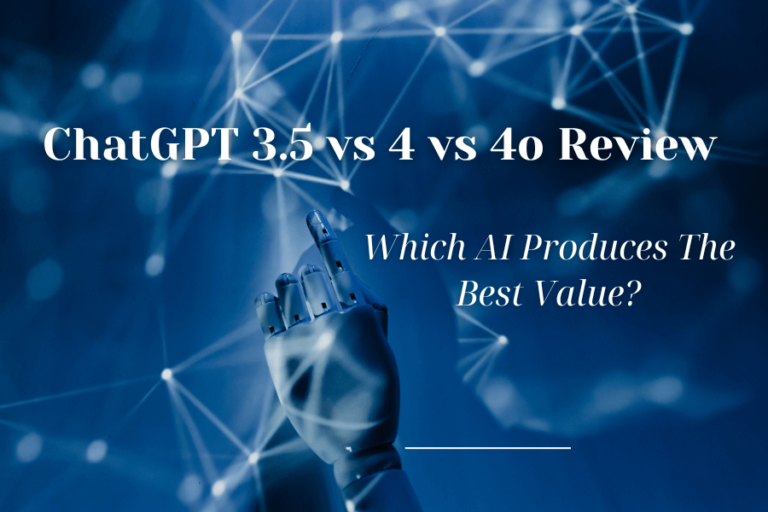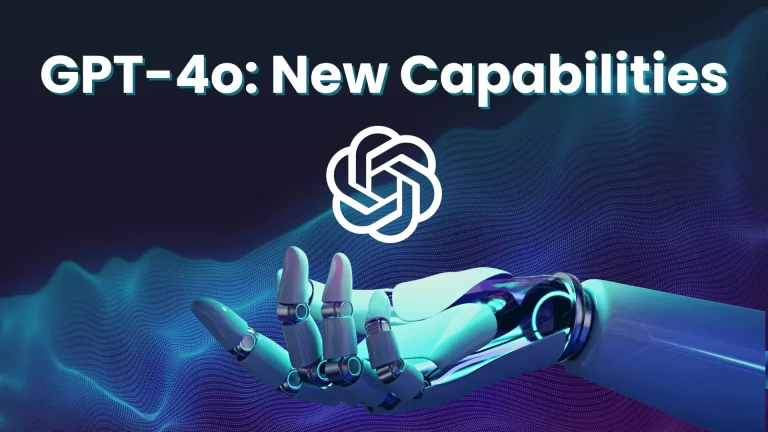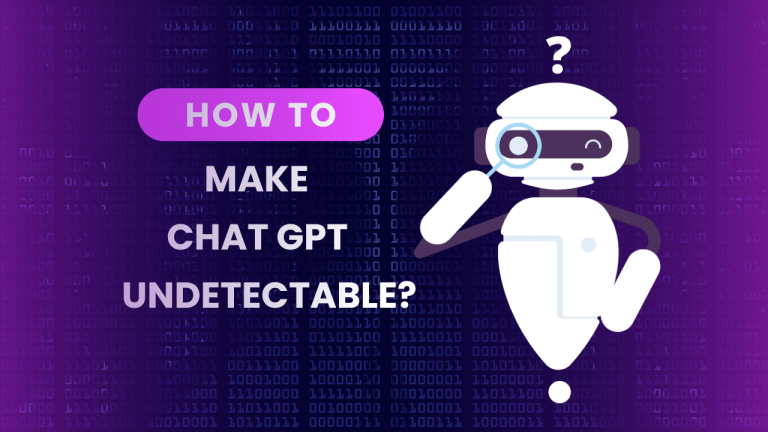Can Turnitin detect ChatGPT? This is a question many students and teachers will ask. How accurate and practical is Turnitin’s discovery of ChatGPT-generated content? This article will dive into the accuracy and shed light on the ability to identify ChatGPT-generated content and maintain academic integrity in educational institutions.
Can Turnitin Detect ChatGPT?
Yes, Turnitin can detect AI content from ChatGPT. According to the tool’s website, Turnitin can identify ChatGPT-generated work with 99% accuracy. Turnitin continuously works to improve its AI writing detection capabilities to address emerging challenges in maintaining academic integrity.
However, Turnitin’s ability to detect ChatGPT-generated content depends on its current algorithms and updates. While it mainly focuses on human written text similarities, its effectiveness in specifically identifying text generated by ChatGPT can vary.
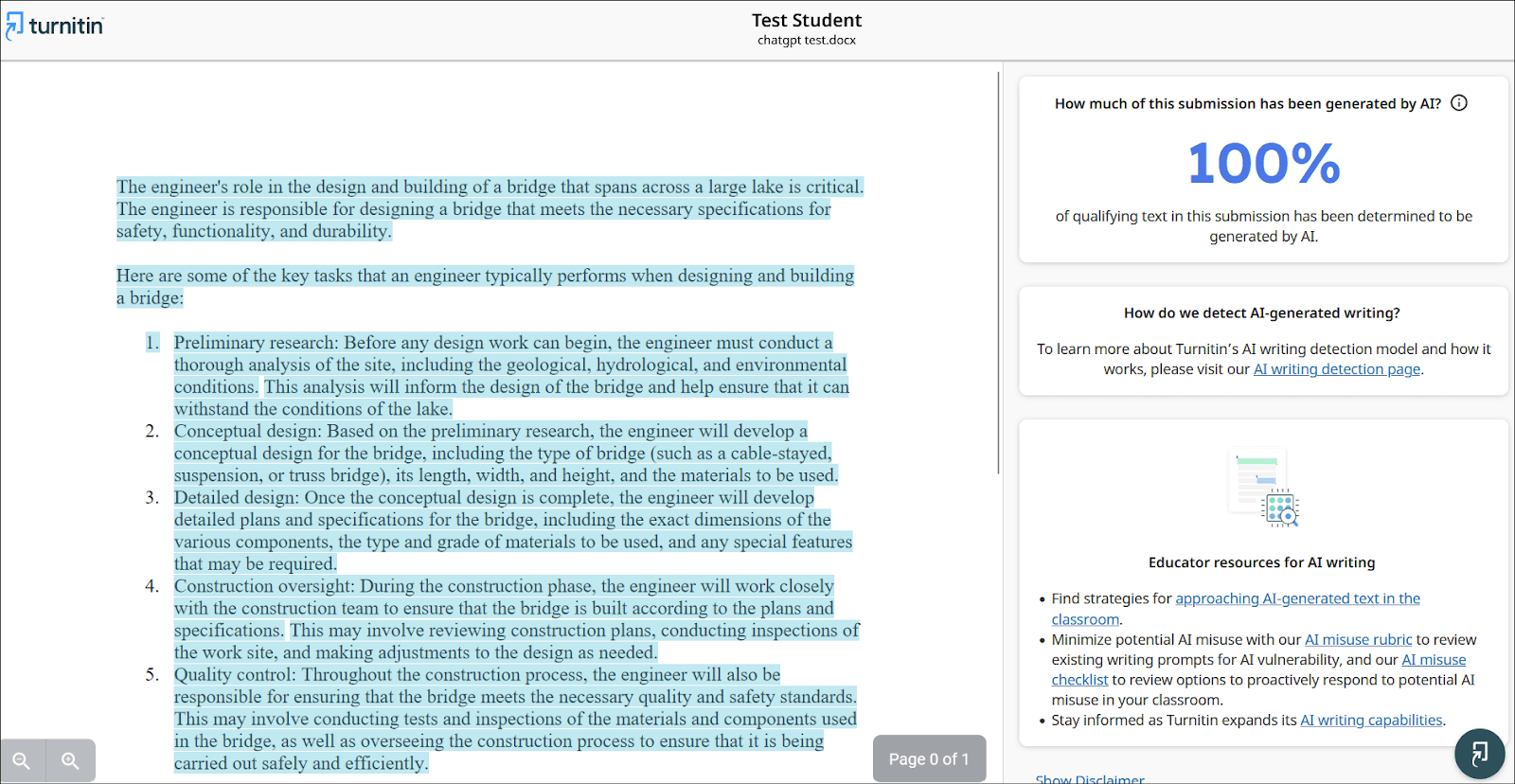
How can Turnitin detect ChatGPT?
Let’s find out if does Turnitin detect ChatGPT content and how it trains the model with the following information.
How does it work?
Turnitin uses a comprehensive process to detect content generated by ChatGPT AI writing tools. Initially, submitted articles were segmented into smaller text fragments to capture sentences in context. These segments undergo analysis using an AI writing detection model.
Then, the model checks each sentence with a score from 0 to 1, indicating whether a human or an AI wrote the sentence. By averaging the scores of all segments, Turnitin makes an overall prediction of the percentage of AI-generated writing text in submissions.
Currently, Turnitin’s AI writing detection model is specially trained to identify content from language models such as GPT-3 and GPT-3.5, including GPT-4 (ChatGPT Plus). However, Turnitin is working tirelessly to expand the model’s ability to detect content from other AI language models, ensuring a robust and accurate AI writing detection system.
Read more: Can Canvas Detect ChatGPT
How was Turnitin’s model trained?
So, how can Turnitin detect ChatGPT? Turnitin’s model was trained using a diverse dataset, including AI-generated content and actual academic writing. The sample dataset is carefully curated to include representatives from various groups, including second language learners, non-native English speakers, and students from diverse institutions and subject areas that are less common. This comprehensive approach ensures the model’s effectiveness in various academic contexts.
How Accurate Is Turnitin’s Detection Of ChatGPT?
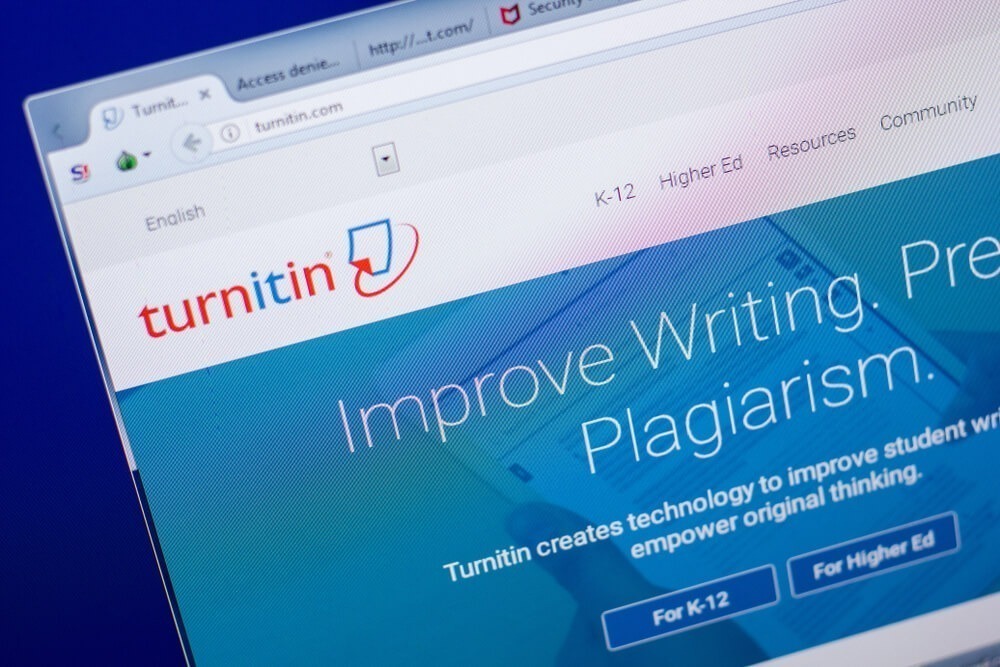
Turnitin’s detector of ChatGPT content aims to maintain an accuracy rate of less than 1% for false positives, where human-written text is misidentified as AI-generated.
To achieve this, up to 15% of AI-written text could potentially be missed in a document. Turnitin conducted extensive testing on many academic papers, including those before the release of ChatGPT, to validate their false-positive rates.
For recent updates, it include additional metrics for documents with less than 20% text in AI, increased minimum word count requirements, and revised sentence synthesis methods to reduce the number of wrong words. Turnitin remains committed to upholding academic integrity while supporting students and institutions to maintain high standards. In this context, it’s also crucial for educational institutions to be aware of the potential for misuse of AI tools, including the creation of NSFW ChatGPT content.
Can Turnitin Detect Ai Chatbots Other Than ChatGPT?
Besides the question can Turnitin detect ChatGPT, many people also wonder: can Turnitin detect other AIs? Up to now, we’ve talked mainly about how Turnitin can detect AI-written text from ChatGPT and similar tools like Bing Chat. But what if someone uses other chatbots or big language models? Take Google Bard, for instance. It doesn’t use the GPT-3.5 model like ChatGPT. Instead, it relies on Google’s own PaLM 2 language model. Could this make it harder to spot?
It’s hard to say. Google’s PaLM 2 and other language models are built on the same basic tech called Transformer machine learning. They all guess what word comes next to make the human-written text. If Turnitin can spot these kinds of patterns, then it might soon recognize text made by Bard too.
For now, Turnitin says it can find human-written text made by GPT models. But this might change, so we advise you not to let AI do your homework. Yet, you can use AI to help you out. Here’s how:
ChatGPT can check a lot of human-written text at once. You can ask it to look over your work and give tips on making it better. You can get ChatGPT to sum up long reports or studies. This helps you quickly understand them for your own work.
Before handing in your work, let ChatGPT check it as if it were your teacher. This is great if you know what your teacher looks for in assignments. We’ve also put together a list of other cool ways to use ChatGPT. Check it out for more ideas!
What Are the Limitations Of Turnitin?
To help you better understand how can Turnitin detect ChatGPT, we will learn about the limitations of the Turnitin platform.
Text-only matching limitation
Turnitin’s matching capabilities are limited to text-based content from AI writing tools, excluding images from its analysis. This means that Turnitin’s system may not be able to detect any plagiarism contained in images or graphic elements in the document.
Inability to match restricted web pages
Turnitin cannot match students’ work with websites that require login or are not accessible by search engines. These restricted websites, which may contain related sources or academic content, are beyond the scope of Turnitin’s math ability.
Read more: Can ChatGPT Be Detected By Universities

Delay in matching recent web updates
While Turnitin regularly checks websites or AI writing tools for updates, there can be delays in matching very recent updates. This means that the most recent additional information or content on the web may not be immediately recognized and matched by Turnitin’s systems.
Limitations in matching textbooks
Unless the textbook is publicly available in digital format on the internet, Turnitin’s ability to match the content to the textbook is limited. This limits its effectiveness in identifying potential cases of plagiarism from textbook sources.
Read more: 8 Best AI Paraphrasing Tools
PowerPoint and Poster submissions
Turnitin’s primary focus is text/content matching, which poses limitations when assessing PowerPoint or poster submissions. As these file formats may include visual elements, Turnitin’s text-based analysis cannot capture all the visual elements accurately, limiting its ability to provide comprehensive feedback on these submissions.
Tips For Instructors To Detect Chat GPT Use
Can Turnitin detect ChatGPT? Yes. But if we don’t use Turnitin, can we detect ChatGPT AI-generated texts? Instructors Turnitin can detect AI ChatGPT use by looking for changes in writing style inconsistencies and assessing content relevance and coherence.
Analyzing Writing Style Inconsistencies
Instructors Turnitin can detect AI ChatGPT use by looking for changes in writing style. AI-generated text may have a unique tone or language that doesn’t match the usual style of the author.
For instance, if the content turns unexpectedly complex and technical, it might indicate AI creation. Odd grammatical errors or inconsistent sentence structures could also suggest AI involvement.
Instructors should compare any doubtful work with previous submissions from the same author, or request a detailed explanation of certain sections in the assignment to detect any discrepancies and determine if ChatGPT was a factor.
This kind of scrutiny is essential to preserve academic integrity and uphold high education standards. The ability of tools like Turnitin to identify ChatGPT contributions represents a significant advancement in combating plagiarism challenges in the era of AI.
Checking Content Relevance And Coherence
Instructors Turnitin can detect AI ChatGPT usage by evaluating the relevance and coherence of the content. AI chatbots often generate text that might not fully align with the topic or lack a logical flow. This could manifest as inconsistencies in tone, language use, and the overall structure of the writing.
For example, if an assignment on climate change lacks specific references to carbon emissions or scientific evidence on global warming, it might suggest the influence of AI technology in the writing process.
Instructors can further assess this by comparing various assignments from the same instructor to note any shifts in writing style or language usage over time.
Conclusion
Hopefully, through the article above, you have answered the question ”Can Turnitin detect ChatGPT?’ The answer is yes!
Through trusted AI writing detection methods, the Turnitin detector provides educators and institutions with an effective tool to ensure originality and maintain high standards of academic integrity in the face of public opinion and emerging technology such as ChatGPT.
FAQ
- Can I trick Turnitin?
No, it is not recommended to attempt to trick Turnitin as it has advanced algorithms designed to detect plagiarism and AI-generated content.
- How does Turnitin maintain the rate of less than 1% for documents?
Turnitin achieves this by continuously optimizing its AI writing detection model through rigorous testing and analysis. They strive to strike a balance between accurately identifying AI-generated content and minimizing the risk of false positives.
- Can Turnitin detect other AI language models apart from ChatGPT?
Yes, Turnitin’s AI writing detection model is trained to detect content from various AI language models, not just ChatGPT. While it initially focused on GPT-3 and GPT-3.5, the model has been expanded to cover GPT-4 (including ChatGPT Plus) and is actively being developed to detect content from other AI language models.
- Does Turnitin detect paraphrasing from ChatGPT?
Detecting the act of paraphrasing itself is truly a tough task. It would need really advanced natural language processing (NLP) to figure out if a piece of text has been changed from another text, which was taken or copied from somewhere else. This is likely the situation you’re talking about.
Text beforehand after AI paraphrasing: 31% confidence in AI by GPT Zero

